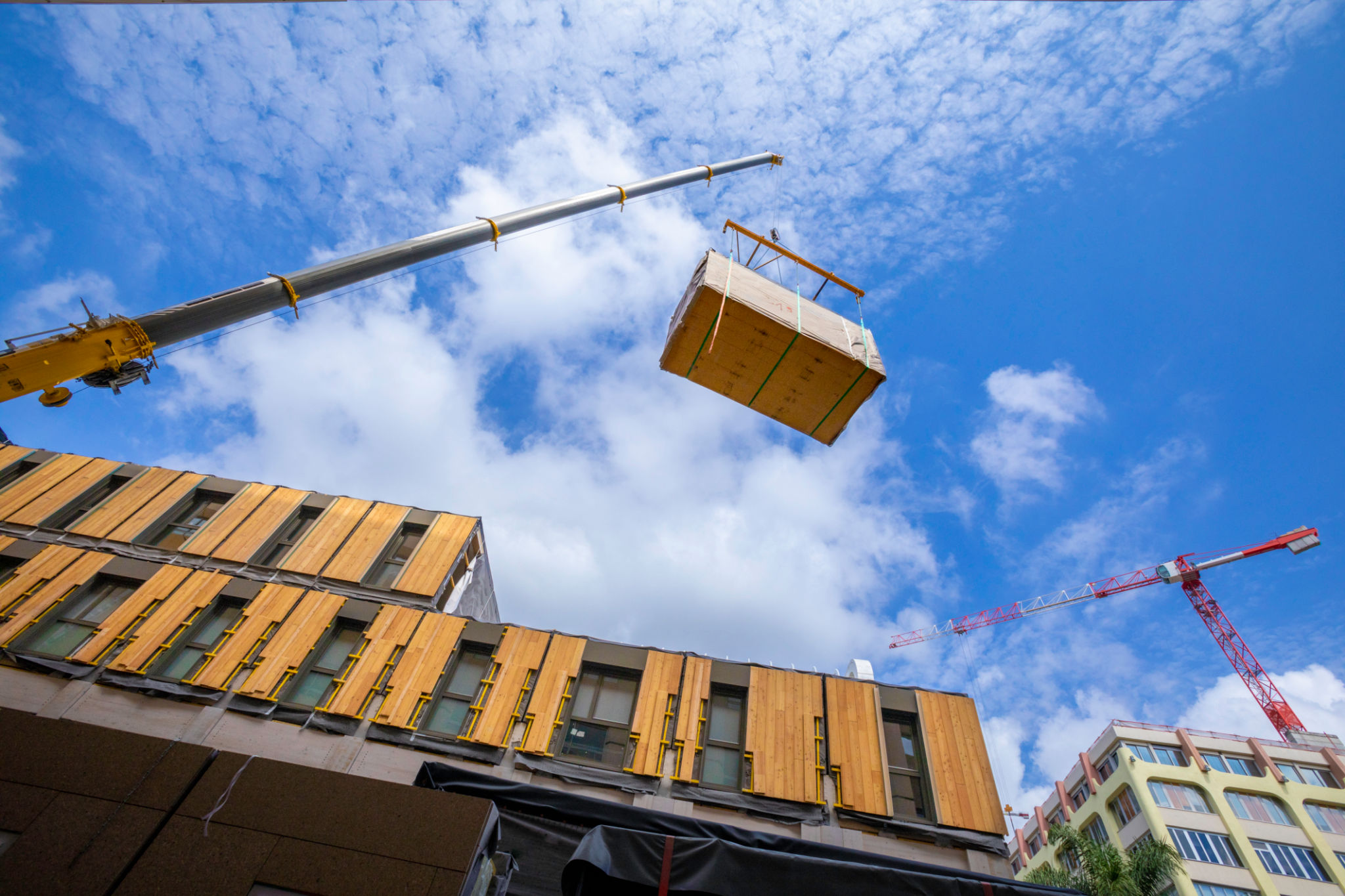Industrial Construction UK: Trends and Innovations Shaping the Future
Embracing Technological Advancements
The industrial construction sector in the UK is undergoing a transformative phase, driven by rapid technological advancements. With the integration of Building Information Modelling (BIM), companies are now able to visualize projects in a digital format before breaking ground. This not only enhances precision but also streamlines project management, reducing costs and time delays significantly.
Another breakthrough is the use of drones in surveying and site inspections. Drones provide real-time data and high-resolution images, allowing for more detailed analysis and quicker decision-making. This technology is particularly beneficial in large-scale projects where traditional surveying methods can be time-consuming and labor-intensive.

Sustainability as a Core Focus
Sustainability has become a crucial component of industrial construction in the UK. The demand for eco-friendly building practices is on the rise, with a strong emphasis on reducing carbon footprints and utilizing renewable resources. Green building materials, such as recycled steel and sustainable concrete, are increasingly being used to meet environmental standards.
Moreover, the integration of renewable energy sources like solar panels and wind turbines into industrial facilities is becoming more prevalent. These initiatives not only contribute to a greener environment but also offer cost savings in the long run by reducing energy consumption.

Modular Construction Gaining Traction
Modular construction is revolutionizing the industrial sector by offering faster build times and enhanced flexibility. Prefabricated components are manufactured off-site and then transported to the construction site for assembly. This method significantly reduces construction time and minimizes on-site disruption.
Industries are increasingly opting for modular construction due to its efficiency and cost-effectiveness. It allows for scalability and easier customization of industrial facilities, catering to specific business needs while maintaining high-quality standards.

Focus on Safety Innovations
Ensuring safety on construction sites remains a top priority for the industrial construction sector. Innovative safety technologies are being implemented to protect workers and reduce the risk of accidents. Wearable technology, such as smart helmets and vests equipped with sensors, monitors workers' health and environmental conditions in real-time.
Additionally, the adoption of virtual reality (VR) training programs is enhancing safety awareness among workers. These programs simulate real-life scenarios, allowing workers to practice safety protocols in a controlled environment before entering actual sites.

Adoption of Smart Technologies
The incorporation of smart technologies is paving the way for smarter industrial facilities. The use of the Internet of Things (IoT) enables seamless communication between various systems within a building, enhancing operational efficiency. Smart sensors monitor conditions such as temperature, humidity, and equipment performance, enabling proactive maintenance and reducing downtime.
Moreover, artificial intelligence (AI) is being utilized to optimize project planning and execution. AI algorithms analyze vast amounts of data to predict potential issues and suggest solutions, thereby improving decision-making processes and resource management.
Inclusivity and Workforce Development
As the industrial construction sector evolves, there is a growing emphasis on inclusivity and workforce development. Initiatives aimed at attracting a diverse workforce are gaining momentum, ensuring that the sector benefits from a wide range of skills and perspectives.
Training programs focusing on upskilling existing employees and introducing new talent to advanced technologies are crucial. These initiatives not only prepare the workforce for future challenges but also contribute to the overall growth and innovation within the industry.
